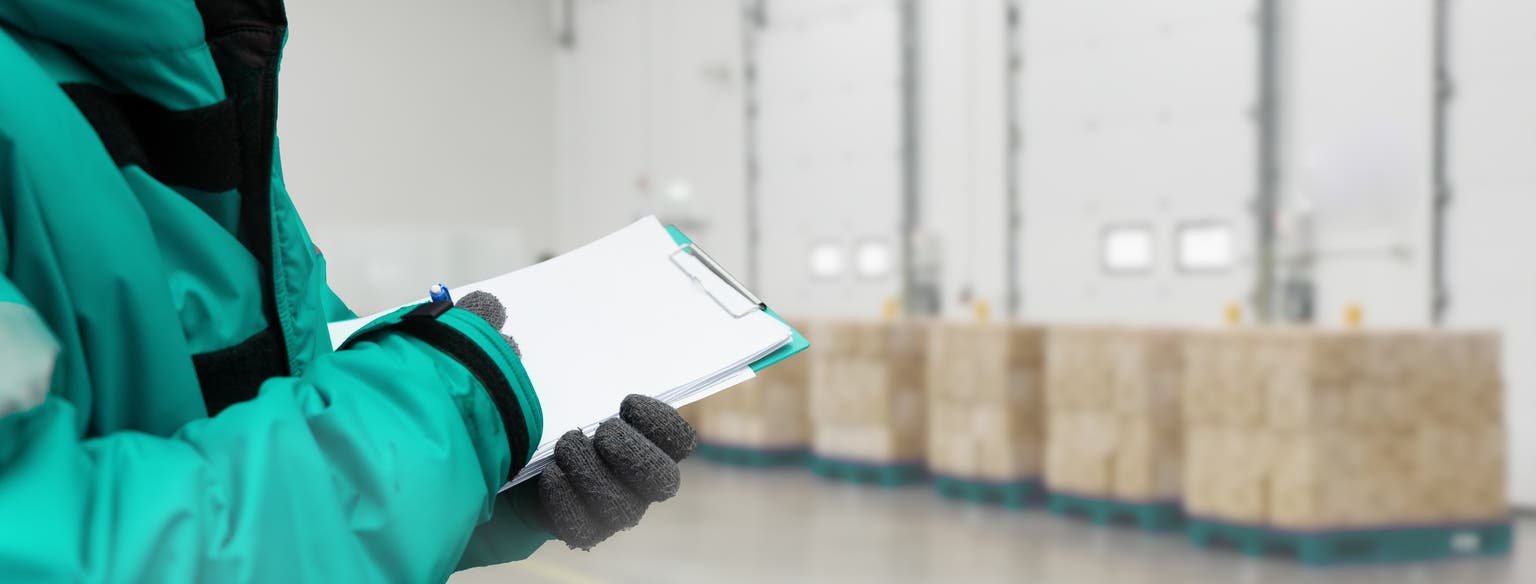People suffering with the night time condition could be entitled to the payments if it affects their quality of life
People with a common health condition could be entitled to £737 per month from the Department of Work and Pensions (DWP). While many people deal with snoring on a nightly basis, sometimes it can develop into a more serious condition called sleep apnoea, which can affect your quality of life.
Those with the condition could be entitled to Personal Independence Payment (PIP). Snoring is linked to sleep apnoea, which is considered a disability. Serious snoring is classed as a disability because it can affect your your day-to-day life.
As well as feeling very tired throughout the day because of poor quality of sleep, it can amount to a whole host of different health conditions. If you think that your snoring is affecting your quality of life, then you will need to go to the doctors to get a proper diagnosis. If you get that diagnosis, then you could be able to claim PIP.
What is sleep apnoea?
According to the NHS, sleep apnoea is when your breathing stops and starts while you sleep. The most common type is called obstructive sleep apnoea (OSA).
Symptoms of sleep apnoea mainly happen while you sleep, these include your breathing stopping and starting, making gasping, snorting or choking noises, waking up a lot and loud snoring. During the day, you may also feel very tired, find it hard to concentrate, have mood swings or have a headache when you wake up.
The NHS says sleep apnoea needs to be treated because it can lead to more serious problems. These include type 2 diabetes, heart disease, a higher chance of having a stroke, high blood pressure, depression or mood changes, a higher chance of having a serious accident caused by tiredness, such as a car accident.
What benefits can I claim?
If you suffer from sleep apnoea, you may be eligible to claim Personal Independence Payments (PIP). This can help with extra living costs if you have both a long-term physical or mental health condition or disability, as well as difficulty doing certain everyday tasks or getting around because of your condition.
You can get PIP even if you’re working, have savings or are getting most other benefits. PIP is tax free and the amount you get is not affected by your income or savings.
Who is eligible and how to claim
There are two elements to the PIP payment – the first is if you need help with everyday tasks, while the second is if you need help with getting around. Whether you get one or both parts and how much you get depends on how difficult you find everyday tasks and getting around.
For those on the higher weekly rate, the combined total weekly payment is £184.30. This works out at around £737 per month.
PIP does not specify which conditions entitle people to claim the benefit, it depends on how your quality of life each day is impacted, as stated by the DWP. You can get Personal Independence Payment (PIP) if all of the following apply to you:
You must also be under State Pension age if you’ve not received PIP before. You can check your eligibility and claim here.






